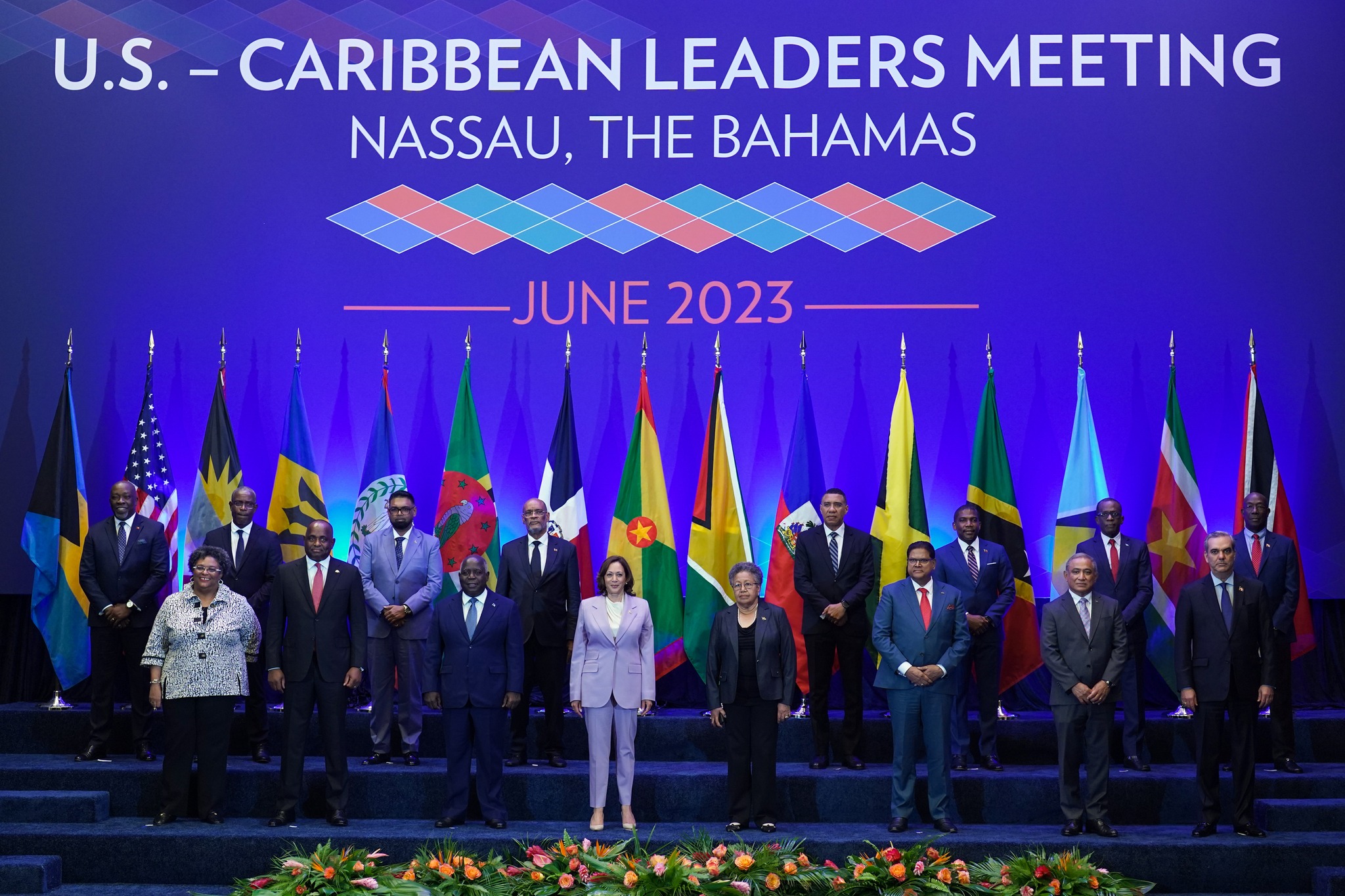A Partnership for National Unity is proposing a new 'social contract‘ in order to promote national unity, ensure human safety and foster economic development. The People‘s Progressive Party/Civic administration has demonstrated that it is incapable of solving the country‘s current crises on its own.
A Partnership for National Unity is proposing a new 'social contract‘ in order to promote national unity, ensure human safety and foster economic development. The People‘s Progressive Party/Civic administration has demonstrated that it is incapable of solving the country‘s current crises on its own.
The economic crisis has lowered workers‘ standard of living. Protests by two of the country‘s largest trade unions – the Guyana Public Service Union and the Guyana Agricultural and General Workers Union – have demonstrated how labour relations between the state and its workers have degenerated. The ranks of unemployed young people are increasing. Poverty is rampant.
The World Bank, in its 2014 World Development Report, rated Guyana as the second poorest country in CARICOM. The Report showed that, with a Gross National Income (GNI) of US$3,410 per capita, Guyana compared unfavourably with The Bahamas at US$21,280 per capita, Suriname at US$8,480 per capita and, indeed, with all other CARICOM states except Haiti.
The security crisis has disproportionately hurt the poor. Guyanese are pained by the surge in serious crimes last year, 2013. There were 1,038 reports of robbery under arms at the end of November 2013, representing a seven per cent increase over the same period in 2012. There was an increase in the number of armed robberies involving the use of firearms by 16 per cent. Other serious crimes – including banditry in the hinterland, murder, piracy, fatalities on the roads and interpersonal violence – proliferated.
APNU, therefore, proposes a new 'social contract‘ by which the major sections of society – including the government; political opposition; trade unions; private sector and civil society – can come together to seek agreement on a broad national programme to move the country forward.
A 'social contract‘ could be the main means of combining the talents of a wider constituency and of creating the conditions for social cooperation and economic progress. The three-fold purpose of such a contract would be to reach a broad consensus on the goals of national development; to establish a sustainable institutional architecture and to create effective policy instruments for the achievement of the objectives of the 'contract.‘
APNU now calls on the PPPC administration to honour its obligations to:
- undertake and continue tripartite consultations with workers‘ and employers‘ organisations in order to promote increased production and productivity in accordance with The Revised Treaty of Chaguaramas Establishing the Caribbean Community;
- establish, in accordance with CARICOM‘s Charter of Civil Society for the Caribbean Community, "… a framework for genuine consultation among the social partners in order to reach common understandings on and support for the objectives, contents and implementation of national economic and social programmes and their respective roles and responsibilities in good governance;” and,
- strengthen the mechanisms for tripartite consultation in accordance with ILO Convention No. 150 on Labour administration, 1978 that provides for an effective system of Labour Administration. These functions and responsibilities can be coordinated properly with the participation of workers and employers and their organisations.
APNU calls on the PPP/C to seriously re-examine the prospects for the future relationship between citizens and the state. It proposes that a new ‘social contract‘ be agreed upon in order to address Guyana‘s pressing political, economic and social problems and to foster greater unity, security and progress.





